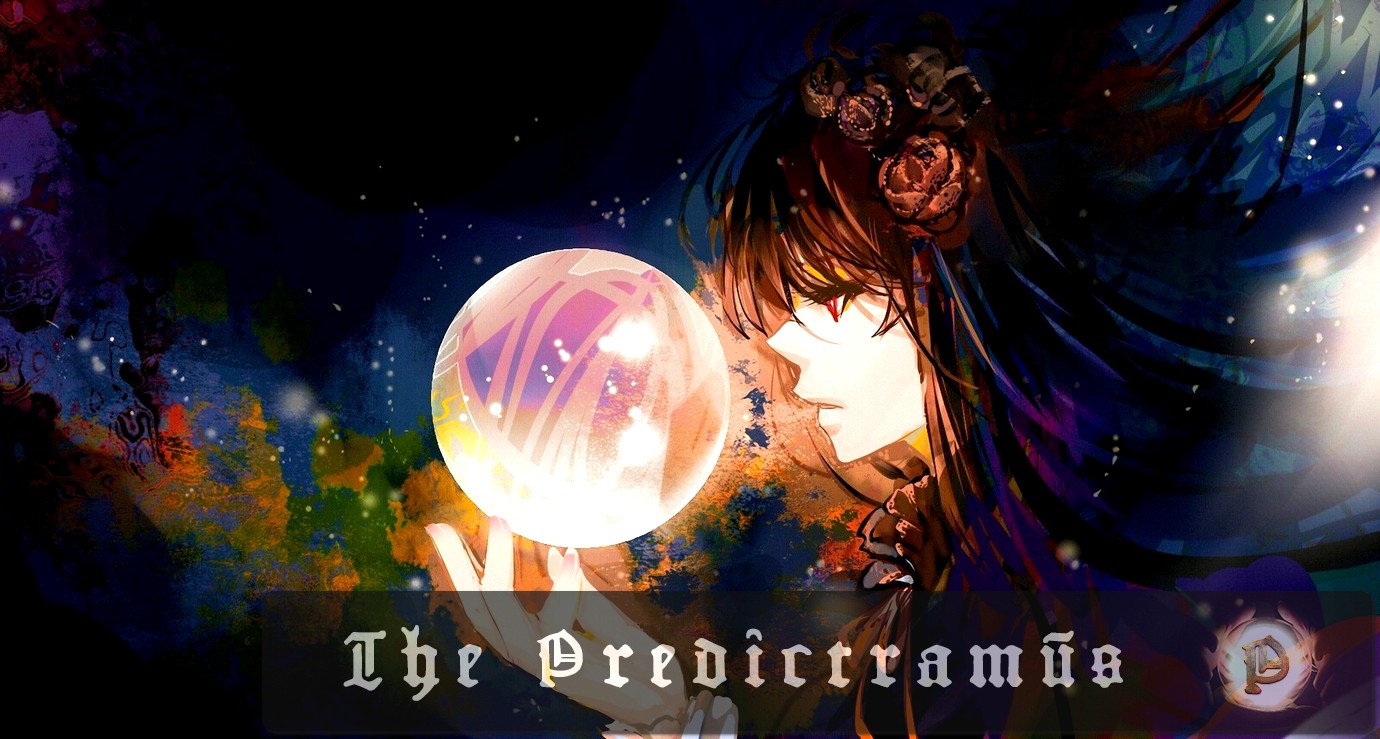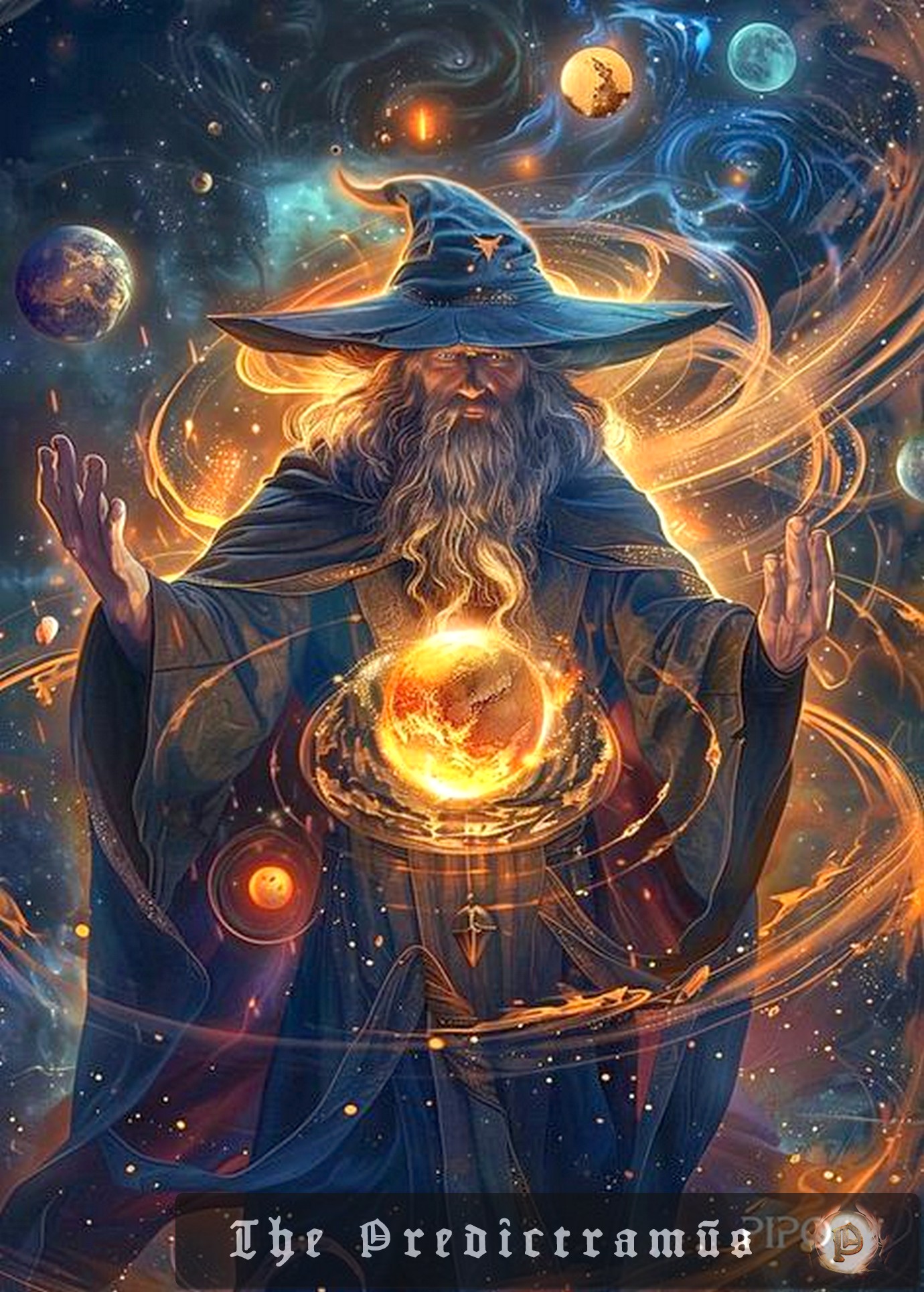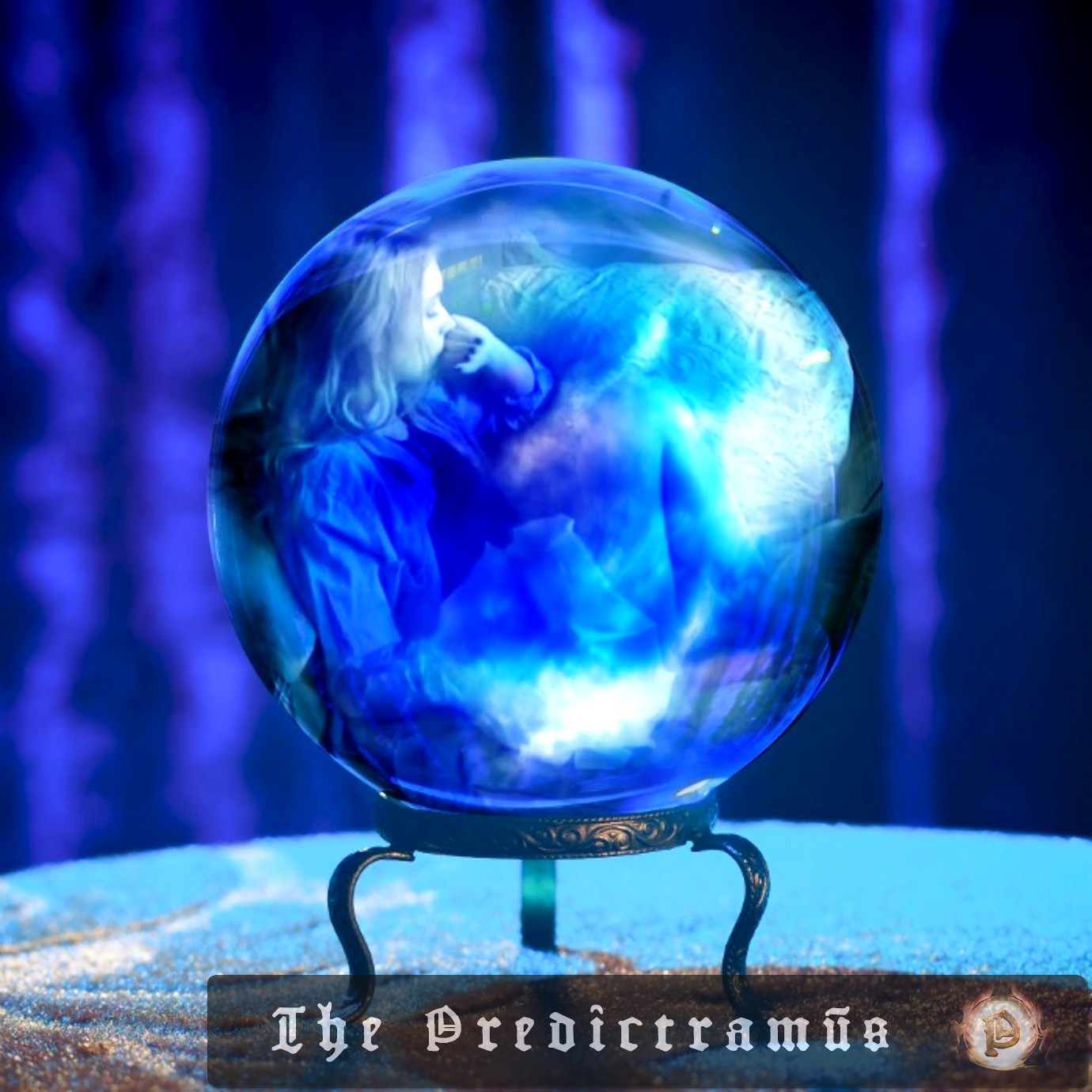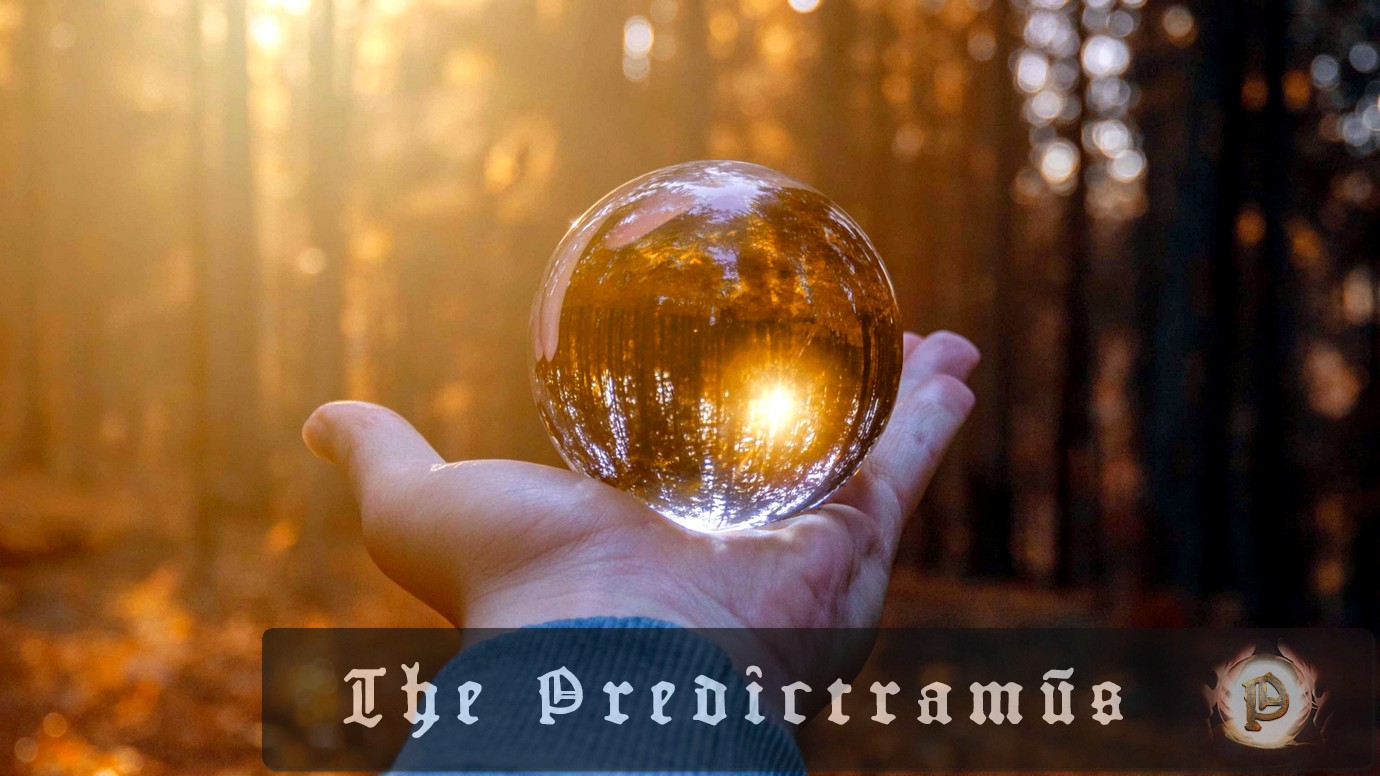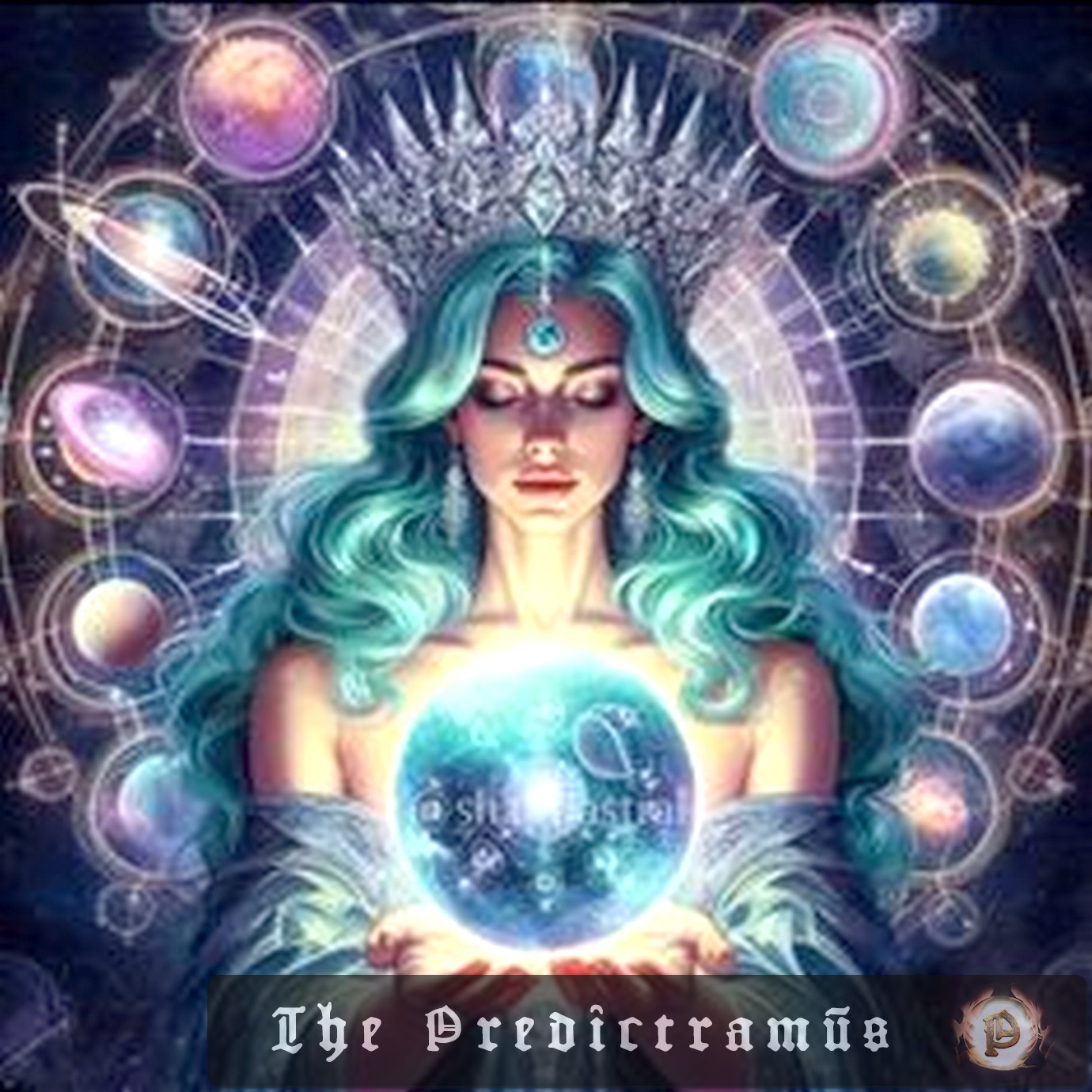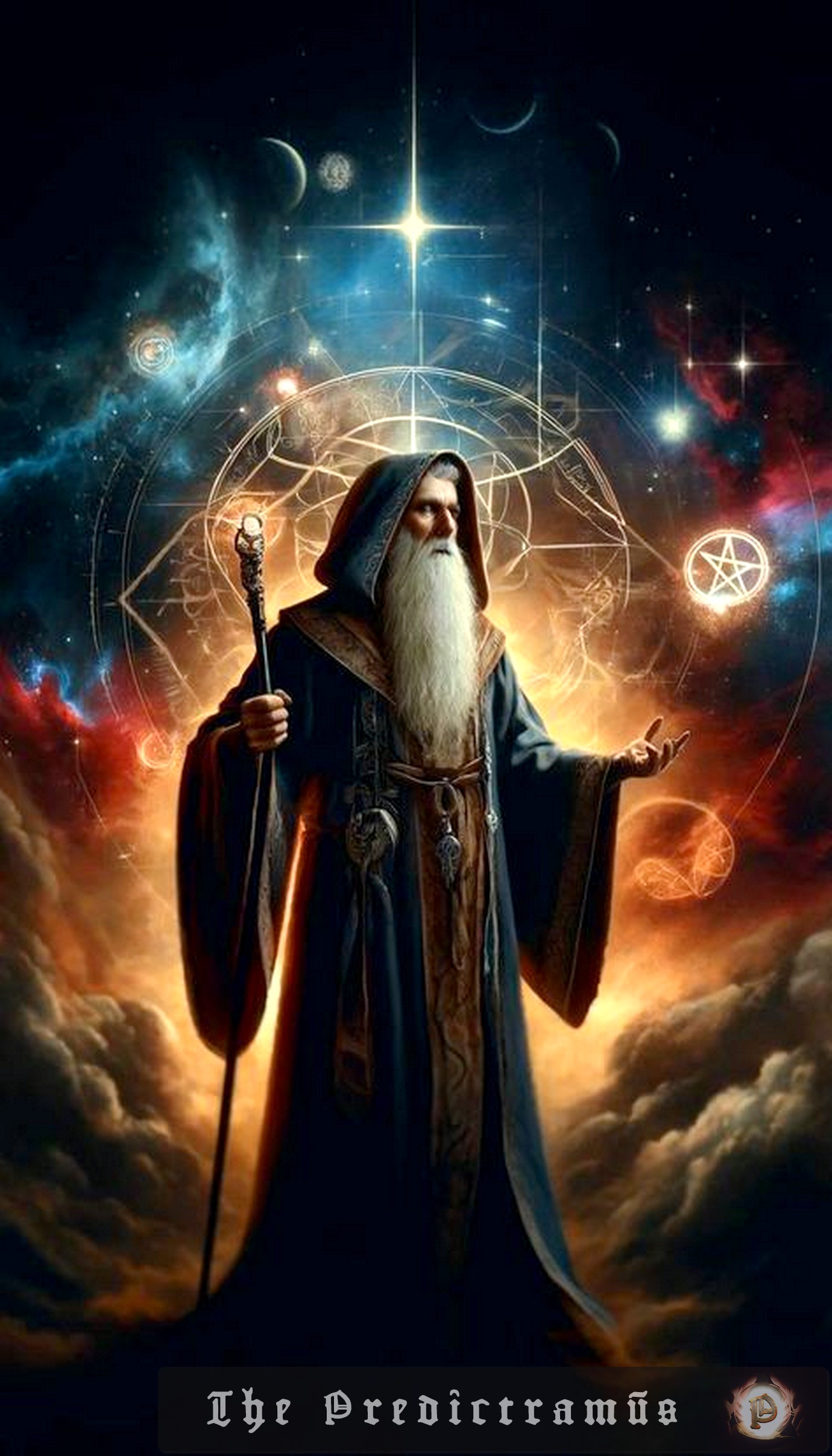Scientists have developed a molecular navigation system using AI to guide cancer-fighting immune cells to their targets, similar to GPS guiding travelers to a new address. This breakthrough could lead to new therapies for cancer, potentially even personalized for individual patients. The team used AI tools to design custom proteins that help T cells recognize…
Science on The Soothsayer / page 2
Scientists in the US have made a groundbreaking discovery in understanding how cephalopods, such as squid and octopus, change the color of their skin. Using a microscopy technique called holotomography, researchers found that the tuneable optical properties of squid skin stem from winding columns of platelets in certain cells. This breakthrough has the potential to…
Fan Chung, a renowned mathematician, has shared her insights on the importance of collaboration in mathematical innovation. Her remarkable story highlights the power of human connections in driving groundbreaking discoveries. As a prolific collaborator, Chung has authored over 300 papers with more than 150 coauthors, demonstrating the substantial impact of collaborative relationships in mathematics. Forecast…
Scientists at Stanford University have developed a groundbreaking gel-based delivery system for diabetes treatment, which could potentially reduce the frequency of injections from once a week to once every three months. The innovative hydrogel, made of biodegradable polymers and nanoparticles, can self-heal and slowly release medication over time, offering a consistent and long-lasting treatment for…
An international team of scientists has made a groundbreaking discovery in the field of quantum physics, unveiling evidence of a quantum spin liquid – a material with spins that remain in constant fluctuation at extremely low temperatures. The researchers used neutron scattering to reveal photon-like collective spin excitations in a crystal of cerium zirconate, providing…
Fungal allergy season is starting earlier due to climate change, with researchers finding that it now begins an average of 22 days earlier than it did 20 years ago. This shift is linked to rising temperatures and altered precipitation patterns, which are causing fungal spores to accumulate in the environment about 11 days earlier. As…
Seismic detectors around the world picked up a mysterious signal in September 2023, which was later confirmed to be caused by standing waves, or seiches, triggered by massive tsunamis in a narrow waterway off the coast of Greenland. Researchers at the University of Oxford used satellite altimetry data to construct images of the seiches, demonstrating…
Scientists at Harvard have made a groundbreaking discovery about the fungus Entomophthora muscae, which infects flies and causes them to die at sunset. The researchers found that the fungus has a built-in kill clock, which is driven by its own internal clock, and not by the fly’s body clock. This discovery sheds new light on…
Researchers at the University of Oxford and the University of Michigan have developed a new type of microrobot that can deliver therapeutics with precision and navigate complex biological terrains. The microrobots, called permanent magnetic droplet-derived microrobots (PMDMs), are made from a biocompatible hydrogel and can be tailored to each clinical scenario. They can carry drugs…
A devastating wave of floods has swept across the United States, causing widespread destruction and loss of life. The extreme rainfall events are linked to climate change, with rising temperatures leading to increased water vapor in the atmosphere. Oceanographer Joellen Russell explains that the warming ocean is also a key factor, contributing to the flooding…

